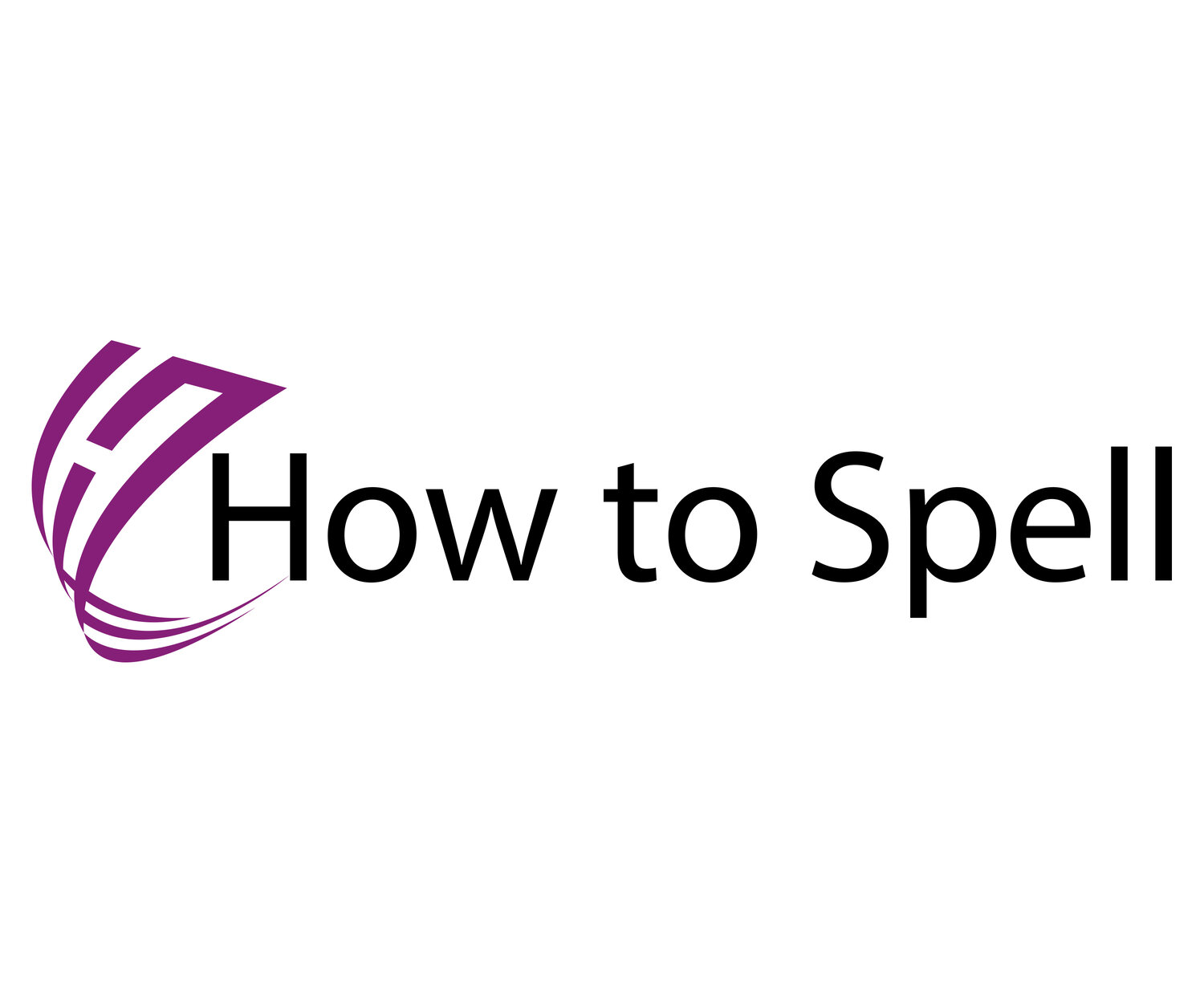Hyphens
If you’re interested in learning about hyphens and other punctuation marks in spelling, check out my How to Punctuate Spelling course.
ebook or e-book? email or e-mail? anticlockwise or anti-clockwise?
In this lesson, we're going to look at how to use hyphens and how they change over time.
The basic functions of the hyphen are:
→ To link and glue two or more words together to create a new word.
→ To remove potential confusion (re-cover something/recover from an illness
semi-illiterate (semiilliterate x), de-ice (deice x)
Hyphens ‘glue’ words together to make new words/compound words for
→ Compound nouns: a wheeler-dealer, some make-up, my mother-in-law...
→ Compound adjectives: a state-of-the-art phone, a good-looking man, a bad-tempered dog, a thirty-four-year-old car...
→ Compound verbs: to re-enter, to dry-clean, to freeze-dry, to test-drive...
The Oxford Dictionary says that a hyphen tells the reader that certain words go together, it helps clarify meaning and indicates that the joined up words have a combined meaning, for example: a pick-me-up, mother-in-law, good-hearted.
Use a hyphen to link a relationship term:
sister-in-law, mother-in-law, father-in-law, brother-in-law,
great-grandmother, great-aunt, great-grandchild, ex-wife…
Plurals: sisters-in-law, brothers-in-law, mothers-in-law…
But: stepmother, stepfather, stepdaughter, stepson, stepchild.
They help with pronunciation: go-getters (go-getters x), co-respondent,(corespondent x), get-at-able (getattablex)
Prefixes such as re-, co-, pre, anti-, self- sometimes have hyphens when added to words but sometimes they don't - no rules (but use a hyphen when using prefixes with proper nouns (words with capital letters))
co-owner / coexist
pre-war / preview
anti-hero / antibiotic
self-assured / selfsame
sub-branch / subcontinent
up-market / upbeat
off-Broadway / offbeat
We add a hyphen when a prefix comes before a capital letter, a proper noun, because a capital letter can’t appear inside a word: mid-July, pro-European, post-Vietnam, un-American, pro-Arab, anti-Reagan, off-Broadway...
For single letter prefixes, most have hyphens:
X-ray, X-rated, X-certificate, A-list, T-shirt, T-junction/T-intersection, T-bone, Y-chromosome, U-turn… Notice the single letter is a capital.
But we don’t need to use hyphens in every type of compound word. The rules are flexible as we'll see.
e-book or ebook
e-mail or email
multi-storey or multistorey
anticlockwise or anti-clockwise
These are all correct. You'll see all these forms in dictionaries and newspapers.
Hyphens have always been in a state of flux, forever changing.
We usually place hyphens in new words to help the reader, then over time the hyphen is dropped.
In the early 20th century we had: to-day, to-morrow yester-day with hyphens.
We definitely don't use hyphens with these words now: today, tomorrow, yesterday.
In the 50s: motor-car, tax-payer, man-power
Now: motorcar, taxpayer, manpower.
In recent times:
electronic mail to e-mail to email (or e-mail)
electronic book to e-book to ebook (or e-book)
on line to on-line to online
This process used to take decades, but now new words undergo this transformation in years.
Using hyphens to create new words has been going on for centuries.
So always look in a dictionary or online dictionary for the latest usage. It varies between American and British English sometimes too.
This is such a big subject, especially compound adjectives:
We have a four-year-old child. describing the child - a good child, a bad child, a four-year-old child
Compare this to Our child is four years old. (plural ‘s’ in years)
Notice there is no plural ‘s’ with the hyphenated ages. It’s a compound adjective describing the person or thing.
Notice the compound adjective is before the noun and there’s no plural ‘s’
We did a two-mile walk. two-mile is an adjective describing the walk /
We walked two miles. (plural 's)
There's a 24-hour delay. / We were delayed for 24 hours.
Spelling Test
This is from my How to Punctuate your Spelling Course to improve spelling and writing.
There are 7 sentences. I'll say them quickly at first, if you want to pause the player then do, then I'll say them slowly. Enjoy. Don’t stress about mistakes - learn from them.
Learning the proper way to punctuate spelling is so important because it makes your spelling more mature, and your writing clearer for the reader.
Answers
1. There was about 20-odd (or twenty-odd) at the meeting today.
2 That's her ex-husband with his new mother-in-law.
3. He's a bad-tempered old man.
4. They're both good-looking.
5. She has two stepchildren.
6. My sister-in-law has written four ebooks/e-books.
7. She's the ex-mayor.
How did you do? Remember, practice makes perfect.
Check out my How to Punctuate your Spelling Course to improve spelling and writing.
